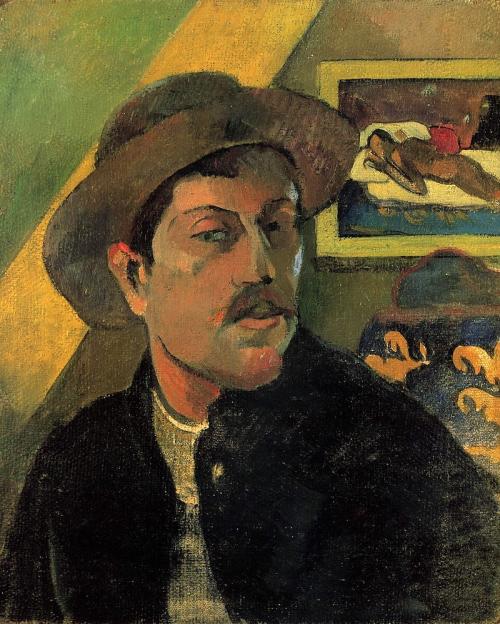In Lucia Rodriguez’s ’20 Chicago neighborhood, when there is an injustice felt, a sign is created or a ribbon tied to a tree. Those signs and ribbons are distributed through local coffee shops and grocery stores, or people pick them up from a bucket in her parents’ backyard.
Now, the newest sign that started in her home neighborhood has made its way around the country and Rodriguez hopes it soon become ubiquitous in dorm rooms and Collegetown businesses at Cornell, as well.
The red, white and blue sign, “Hate has no home here,” was started by a Chicago family whose middle-schooler was trying to understand the nasty speech he was hearing after the presidential election, Rodriguez said.
Neighborhood activists in Chicago worked with an artist to design the poster, which can be customized to include up to seven different languages.
In Chicago, Rodriguez said, neighborhoods have created various versions of the poster, based on the most popular languages spoken in their neighborhood.
“It has caught attention all over, but not on college campuses yet, so that’s where I stepped in,” Rodriguez said. “I think young people are often excluded from important movements because people think we might not be dependable or show up for things, but when given the right opportunity, young people show up every single time.”This isn’t Rodriguez’s first attempt at poster activism at Cornell. In the fall of her freshman year, shortly after the election, Rodriguez started the Peaceful Poster Movement, which encouraged students to create, print out and hang posters that spoke of tolerance. The movement caught on and students across the country and in other countries asked for a template of the poster, so Rodriguez created a website.
“There was so much negativity on our campus, so quickly after the election, and I was just caught off guard by it,” she said.
After returning to campus this past fall, Rodriguez wanted to move beyond the local movement and onto something larger, so she started taking steps to bring the “Hate has no Home Here” campaign to Cornell.
Beyond just putting signs up, the campaign encourages people to have conversations with people who don’t agree with them and listen to one another. Participants also pledge that their homes, workplaces and schools are places where hate is not tolerated. The organization is non-partisan and non-political, she said.
“The first message is declaring that hate is out of the picture,” she said. “The second is to encourage people to have conversations that are tough, that are tricky, and to walk away from those conversations not hating each other, because there’s no point in that.”
With the help of Kelly Zamudio, professor of ecology and evolutionary biology and faculty mentor for Rodriguez’s Posse group, Rodriguez sought funding from Ryan Lombardi, Cornell’s vice president for student and campus life. Lombardi’s office provided seed funding to help with the printing of an initial batch of signs.
“We were pleased to be able to provide funding to support Lucia’s efforts. The message resonates and should be continually reinforced as we strive to promote a more just and inclusive campus climate” Lombardi said.
To find out more about the Hate has No Home Here campaign, visit the website. To get a copy of the poster, visit the Office of Academic Diversity Initiatives office in Suite 200 of the Computing & Communications Center (CCC) or pick one up in a West Campus house office.





